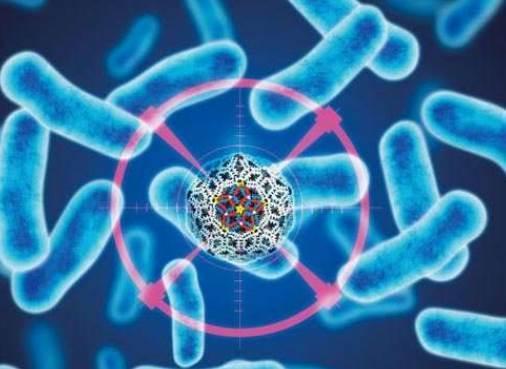On January 8, 2022, Bloomberg reported that Leondios Kostrikis, a professor of biological sciences at the University of Cyprus, and his team had discovered a new variant of SARS-CoV-2, named "Deltacron" because it has an Omicron-like genetic signature in the Delta genome.
Deltacron, according to Kostrikis, mixes genes from Delta and Omicron and may have come from patients who had both Delta and Omicron infections. The study's 25 mutant samples were gathered in Cyprus, with 11 coming from newly infected hospitalized patients and 14 from the general infected community. In comparison, the increased frequency of mutations in inpatient samples may indicate a link between Deltacron and hospitalization, and thus Deltacron's pathogenicity and infectivity must be considered. On January 7, the Deltacron study's data was also submitted to the GISAID worldwide database.
The appearance of a recombinant version of SARS-CoV-2 has sparked extensive controversy, with some researchers questioning the variety's legitimacy. FatimaTokhmafshan, a geneticist at McGill University's Institute of Health Centre in Montreal, tweeted that the virus is not recombinant and that an examination of the GISAID clustering and mutation profiles recently given by Cyprus revealed no consensus of alterations. Dr. Krutika Kuppalli, a WHO COVID expert, agreed, tweeting that the Omicron component's detection in Delta samples could be attributed to sequencing artifacts produced by lab contamination, rather than the presence of a novel recombinant virus. Meanwhile, virologist Dr. Tom Peacock of Imperial College London tweeted that the Deltacron sequence reported in the media was likely the product of sample contamination. Dr. Boghuma Kabisen Titanji, an infectious disease expert at Emory University in Atlanta, is cautious, tweeting on Sunday that conclusions about Deltacron should be taken with a grain of salt, and that the information currently available all points to sample contamination rather than true Delta-Omicron recombination.
Previously, genetic recombination of SARS-CoV-2 has been reported in the Medrxiv entitled "Genome Recombinationbetween Delta and Alpha Variants of Severe Acute Respiratory Syndrome Coronavirus 2 (SARS-CoV-2)" published on October 11, 2021l, about the discovery of recombinant variants of Delta and Alpha in Japan (AY.29+B.1.1.7).
In response to the experts' questions, Kostrikis stated on January 9 that the emergence of Deltacron is not a single recombination event, but rather a mutation that evolved as a result of adaptation to its environment, and that the collected samples were tested not only in Cyprus but also in laboratories in other countries, and that Deltacron recombination was also detected in laboratories in Israel. The rate of Deltacron infection in hospitalized patients was much greater than in non-hospitalized individuals, ruling out the possibility of sample contamination. In addition to the 25 Deltacron samples, his team discovered 52 other recombinant samples at the same time.
Tom Peacock responded that Omicron's prevalence time prevents it from producing any recombinants, and that the phylogenetic tree demonstrates that Deltacron has no aggregation traits and that true recombinant variations would have common clusters. Tokhmafshan pointed out that if the original sample was contaminated during collection and processing, even if the same sample was sent to ten other labs, the results would be the same. Were Israeli samples gathered independently in other regions and gave the same results as Cyprus if the Israeli lab gave the same test results? Kostrikis has yet to respond.
Deltacron's authenticity must be continuously watched, and objectively speaking, the possibility of recombination still exists for Delta and Omicron, which continue to spread globally, with a tendency for the enzyme that replicates its gene to slip off the RNA strand it replicates and rejoin at the point of fall. When both Delta and Omicron are present, the chances of recombination are considerably boosted.





